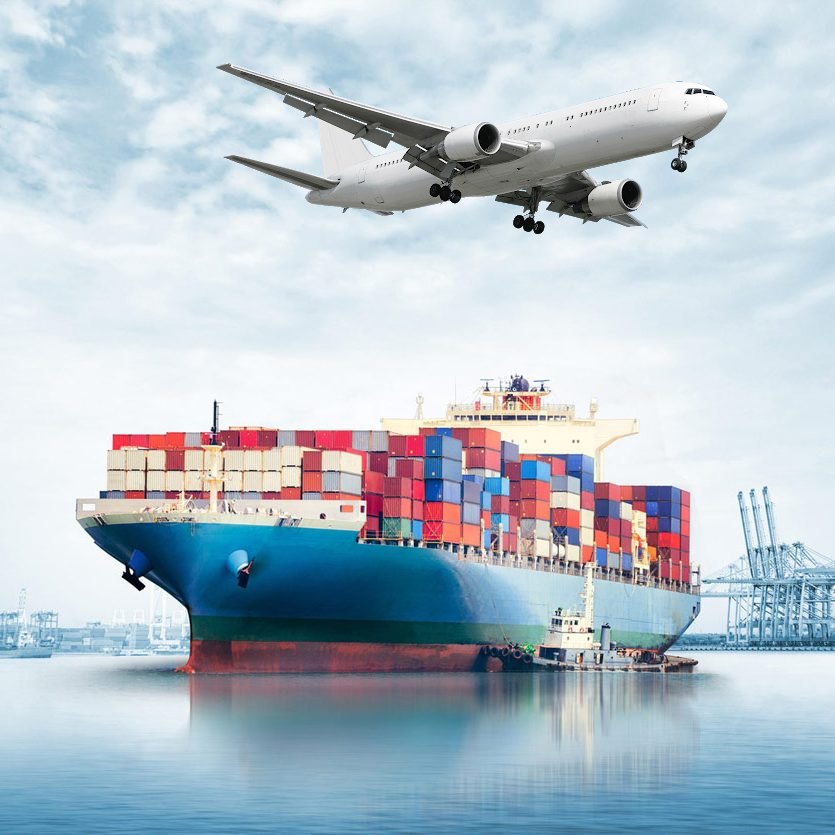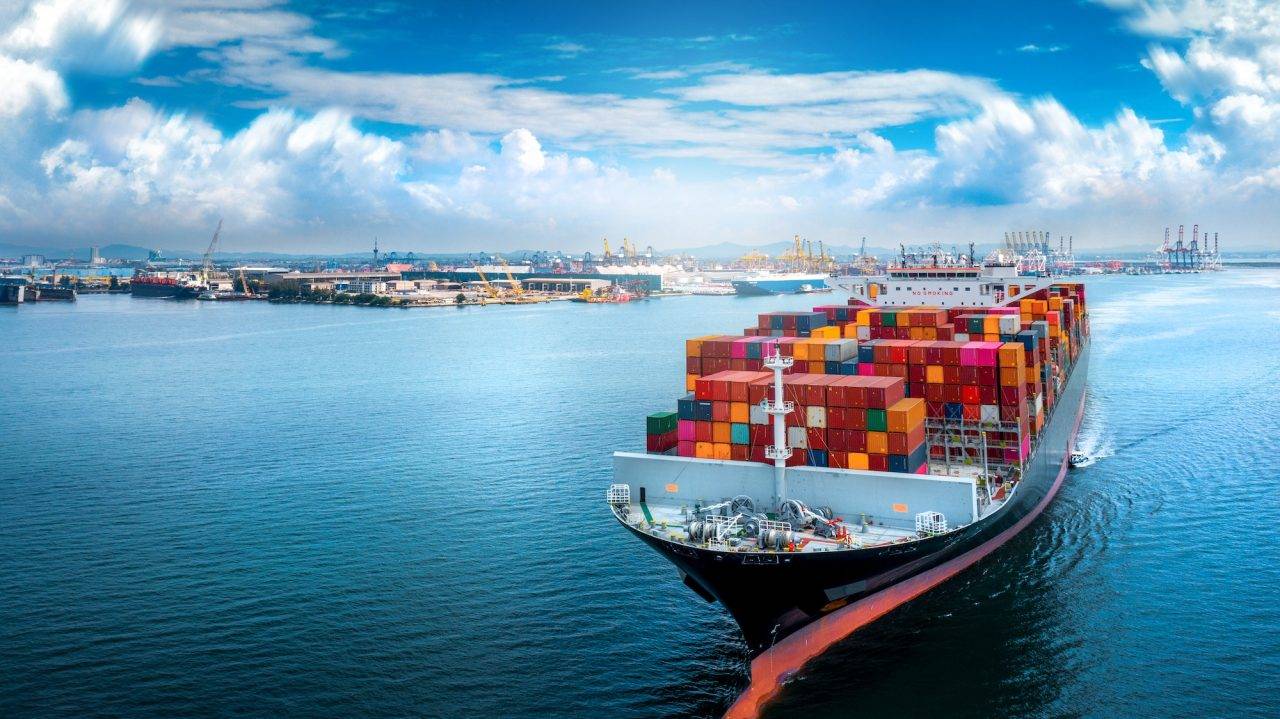Tips from Leading Freight Forwarders
Navigating customs clearance can be one of the most challenging aspects of international shipping. In Israel, like in many countries, customs regulations are strict and complex, requiring careful attention to detail. Whether you’re a business owner or an individual shipping goods to or from Israel, understanding the customs clearance process is crucial to ensuring your shipments move smoothly and efficiently. This guide provides essential tips and insights from leading freight forwarders to help you navigate customs clearance in Israel.
1. Understand the Customs Regulations
Before you start the customs clearance process, it’s vital to understand the regulations governing imports and exports in Israel:
- Import Duties and Taxes: Familiarize yourself with the duties and taxes that apply to your goods. These can vary based on the type of product, its value, and its origin.
- Prohibited and Restricted Items: Check which items are prohibited or restricted from being imported into Israel. Some goods may require special permits or licenses.
2. Prepare Accurate Documentation
Proper documentation is key to smooth customs clearance:
- Commercial Invoice: This document should detail the nature, quantity, and value of the goods being shipped. It’s essential for determining the applicable duties and taxes.
- Packing List: A detailed packing list helps customs officials understand the contents of the shipment, including how items are packed and their quantities.
- Bill of Lading: This document serves as a receipt for the goods and provides proof of shipment.
- Certificates of Origin: Some products may require a certificate of origin to confirm their country of origin.
3. Work with Experienced Customs Brokers
Customs brokers play a crucial role in facilitating the clearance process:
- Expert Guidance: Engage a reputable customs broker who is knowledgeable about Israeli customs regulations. They can provide expert advice and handle the paperwork and procedures on your behalf.
- Compliance: A customs broker ensures that all documentation is accurate and compliant with regulations, helping to avoid delays and penalties.
4. Ensure Proper Classification and Valuation
Correctly classifying and valuing your goods is essential for accurate duty and tax calculations:
- HS Codes: Use the correct Harmonized System (HS) codes for your products. These codes are used to classify goods for tariff purposes.
- Valuation: Ensure that the value of your goods is accurately declared. Customs authorities use this value to assess duties and taxes.
5. Be Aware of Import Duties and VAT
Understanding the financial aspects of customs clearance is important:
- Import Duties: Duties are based on the HS code and value of the goods. Ensure you know the applicable rates and budget accordingly.
- Value Added Tax (VAT): In Israel, VAT is applied to most goods. Make sure you account for this in your financial planning.
6. Stay Updated on Regulatory Changes
Customs regulations can change frequently, so staying informed is crucial:
- Regulatory Updates: Keep up to date with any changes in customs regulations and procedures. Regularly check official sources or consult with your customs broker for updates.
- Training and Resources: Consider attending training sessions or webinars on customs regulations to stay informed.
7. Streamline the Process with Technology
Technology can simplify customs clearance:
- Online Platforms: Utilize online platforms and tools provided by customs authorities or your freight forwarder to submit documentation and track your shipment.
- Automation: Implement automated solutions for managing documentation and compliance to reduce manual errors and save time.
8. Communicate Clearly with Your Freight Forwarder
Effective communication with your freight forwarder can enhance the customs clearance process:
- Provide Complete Information: Ensure that your freight forwarder has all the necessary information and documentation for a smooth clearance process.
- Address Issues Promptly: If any issues arise during the clearance process, address them promptly with your freight forwarder to avoid delays.
9. Prepare for Inspections
Occasionally, shipments may be selected for inspection:
- Inspection Readiness: Ensure that your goods are easily accessible for inspection and that all documentation is readily available.
- Cooperation: Cooperate fully with customs officials during inspections to facilitate the process.
10. Plan for Delivery
After customs clearance, planning for the final delivery is essential:
- Delivery Arrangements: Coordinate with your freight forwarder to arrange for the final delivery of your goods.
- Address Accuracy: Ensure that delivery addresses are accurate to avoid any further delays.
Conclusion
Navigating customs clearance in Israel can be complex, but with the right preparation and support, you can ensure a smooth process. By understanding regulations, preparing accurate documentation, working with experienced customs brokers, and utilizing technology, you can simplify your customs clearance experience. For personalized assistance and expert guidance, consider partnering with leading freight forwarders like 7 Continents Logistics Ltd, who offer comprehensive services to manage all aspects of the logistics process.
With these tips and insights, you can navigate customs clearance efficiently, reducing delays and ensuring a successful shipping experience from Israel






